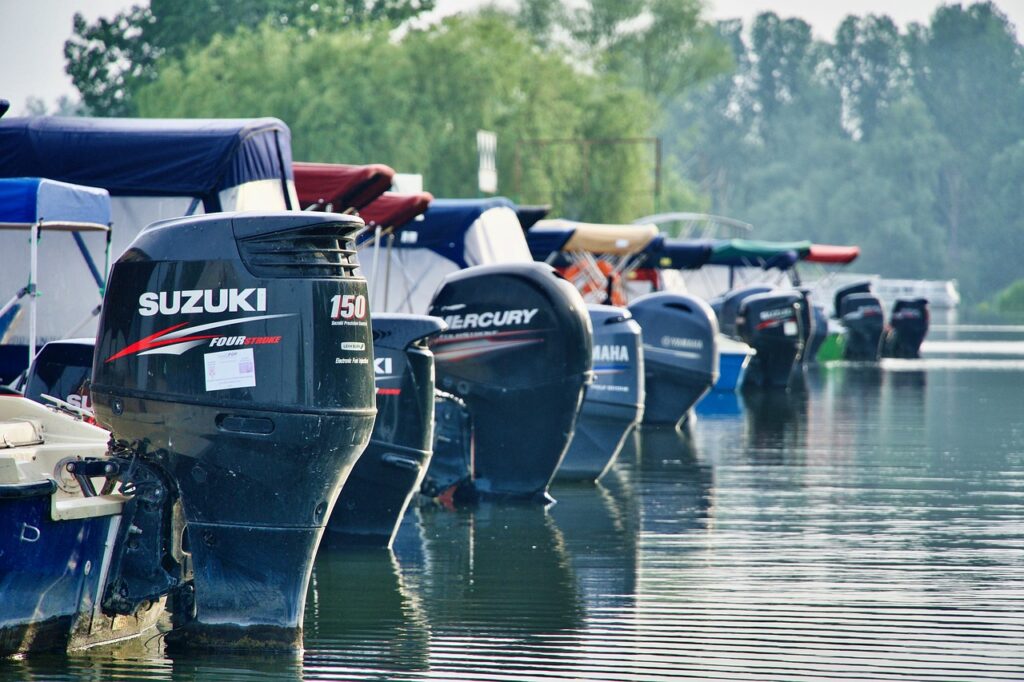What Experience Do You Need to Take the RYA Yachtmaster Offshore Examination?
The Royal Yachting Association (RYA) Yachtmaster Offshore qualification is one of the most respected and recognized certifications for sailors worldwide. Achieving this qualification demonstrates a high level of seamanship, navigational skills, and experience in offshore sailing. But before you can sit for the RYA Yachtmaster Offshore examination, you must meet several prerequisites to ensure you are adequately prepared for the challenge ahead.
In this article, we’ll explore the experience and qualifications you need before applying for the RYA Yachtmaster Offshore examination, breaking down each component so you know exactly what is required.
1. Minimum Sea Time Requirements
To be eligible for the Yachtmaster Offshore examination, candidates must demonstrate a substantial amount of practical sailing experience. The RYA sets a minimum requirement to ensure candidates have the necessary experience to handle a yacht in offshore conditions. Here is the breakdown of the sea time required:
- 2,500 Nautical Miles (NM) logged: These miles must be accumulated on vessels between 7 meters (23 feet) and 24 meters (78 feet) in length.
- 50 days at sea: Time spent actively sailing and managing a yacht. This does not include time in port or at anchor.
- 5 passages over 60 NM: At least five passages longer than 60 nautical miles, where a minimum of two should have been completed as skipper and at least two should have involved overnight sailing.
- Half of this qualifying sea time: Must have been conducted in tidal waters. This is crucial as tidal navigation and sailing involve unique challenges not present in non-tidal waters.
Key Points:
- All sea time must be within the last 10 years before the examination.
- Candidates should be prepared to provide logbooks and corroborative evidence, such as signed testimonies or digital records, to verify their sea time.
2. Navigational Knowledge and Skills
An RYA Yachtmaster Offshore candidate must demonstrate a solid foundation in navigation, meteorology, and general seamanship. The examination will assess these skills rigorously, so candidates should be well-versed in the following areas:
- Navigational Planning: Knowledge of passage planning, including plotting courses, understanding tidal streams, calculating estimated times of arrival, and accounting for weather conditions.
- Chart Work and Position Fixing: Proficiency in using nautical charts, GPS, and other navigational tools to fix positions accurately, understand depths, and identify potential hazards.
- Tidal Calculations: Understanding how to calculate tidal heights and streams, interpret tidal diamonds and tables, and apply this knowledge in navigation.
- Weather Forecasting: The ability to interpret weather reports and forecasts, recognize signs of changing weather patterns, and make safe navigational decisions accordingly.
- Collision Regulations: Comprehensive understanding of the International Regulations for Preventing Collisions at Sea (COLREGS), including lights, shapes, and sound signals.
3. Required Qualifications and Training Courses
Although not mandatory, candidates are strongly encouraged to complete certain RYA courses that provide the foundational knowledge and skills required for the Yachtmaster Offshore exam:
- RYA Coastal Skipper/Yachtmaster Offshore Theory Course: A course that covers the advanced navigation and meteorology needed for the exam. It’s recommended that candidates complete this course, which is available in both classroom and online formats.
- RYA Sea Survival Course: While not a prerequisite, this course is highly recommended to prepare candidates for potential emergencies at sea.
- First Aid Certification: Candidates must hold a valid First Aid Certificate, preferably with marine-focused training such as the RYA First Aid course, which includes modules on cold water shock, drowning, hypothermia, and other marine-specific scenarios.
- VHF/SRC Radio Operator’s Certificate: A legal requirement to operate a VHF radio aboard a yacht, which is an essential communication tool during offshore passages.
4. Personal Experience and Confidence
Beyond the formal requirements, personal experience and confidence are critical when applying for the Yachtmaster Offshore examination. Here are some key elements to consider:
- Skippering Experience: A substantial amount of the qualifying sea time should be gained while acting as a skipper. This experience is invaluable in building confidence and decision-making skills, particularly in stressful or unexpected situations.
- Night Sailing: Candidates must have experience sailing at night, understanding how to navigate in low-visibility conditions, identify navigational lights, and manage crew fatigue.
- Heavy Weather Handling: It is beneficial to have experience handling a yacht in various weather conditions, including strong winds and heavy seas. This experience ensures that candidates are prepared for the unpredictable nature of offshore sailing.
5. Physical and Mental Fitness
Sailing offshore can be physically demanding and mentally taxing. Candidates should be in good health, with sufficient stamina and resilience to handle long periods at sea, potentially in challenging conditions. Mental toughness, adaptability, and the ability to remain calm under pressure are equally essential qualities for a successful Yachtmaster Offshore candidate.
Conclusion
The RYA Yachtmaster Offshore examination is not just a test of knowledge, but a comprehensive assessment of a sailor’s practical experience, skill level, and ability to handle a yacht safely and confidently in offshore conditions. By fulfilling the prerequisites for sea time, navigational knowledge, qualifications, personal experience, and physical fitness, candidates can ensure they are well-prepared for this challenging and rewarding certification.
Achieving the RYA Yachtmaster Offshore qualification is a significant accomplishment that opens up new horizons in the world of sailing. Make sure you meet all the requirements and approach your preparation with dedication, and you will be well on your way to joining the ranks of skilled sailors who hold this esteemed certification.



